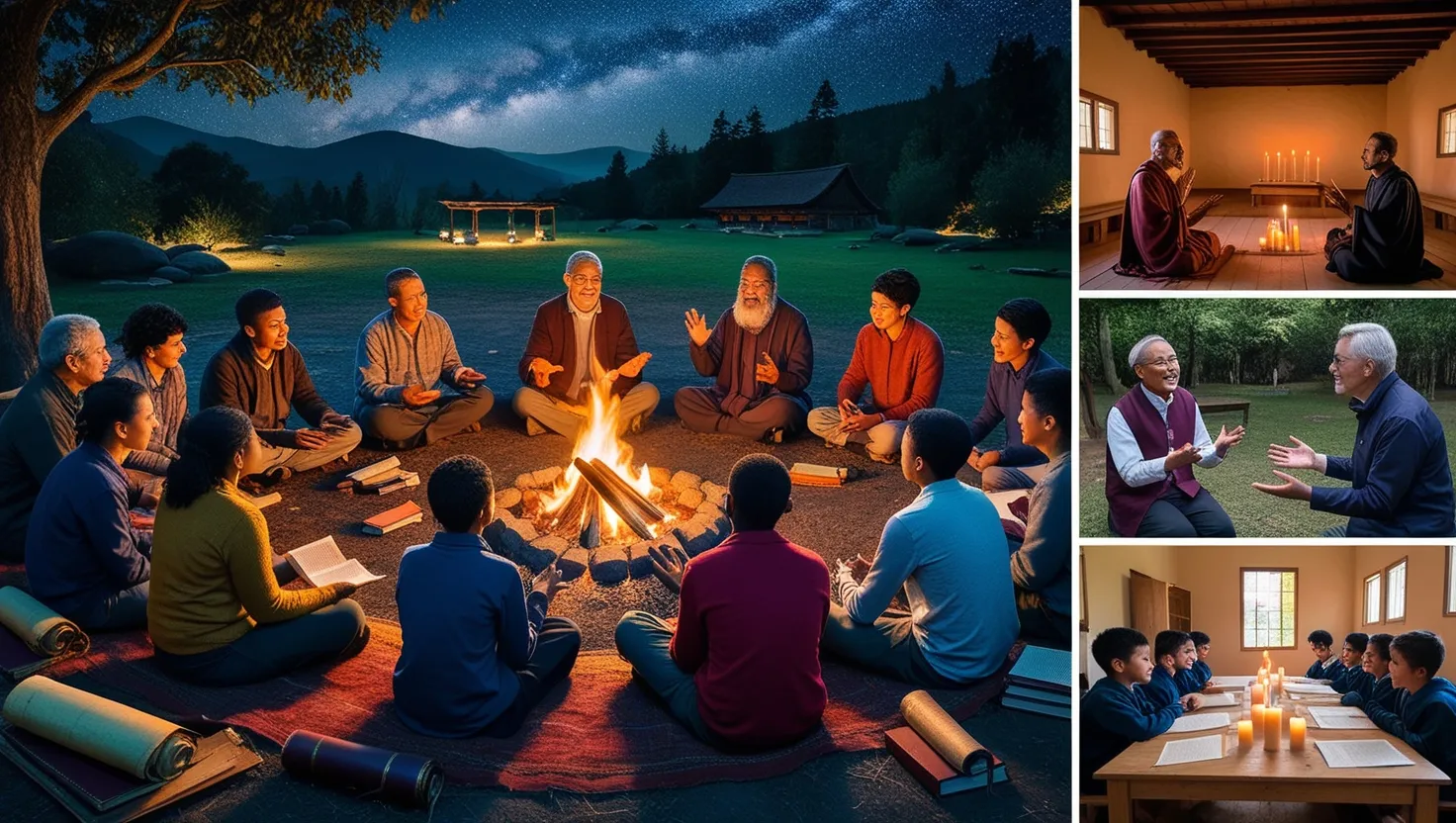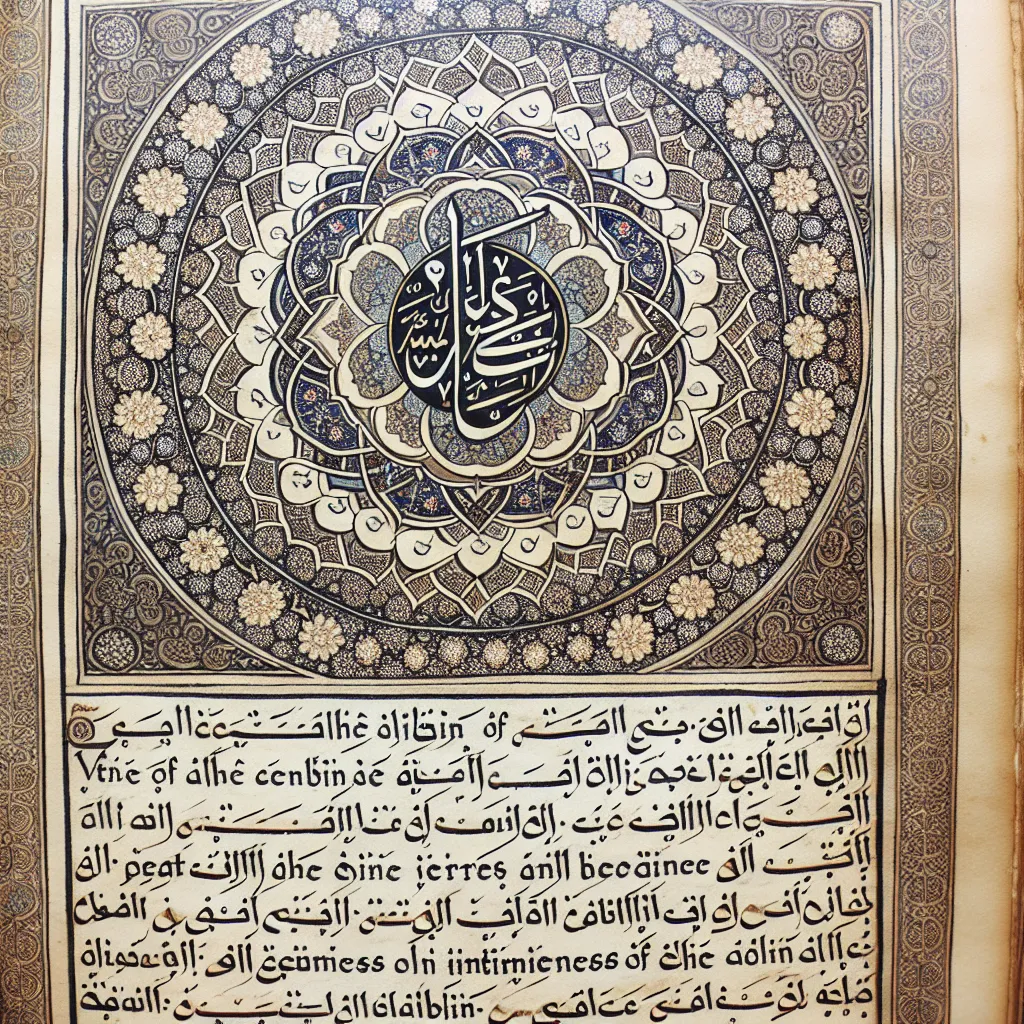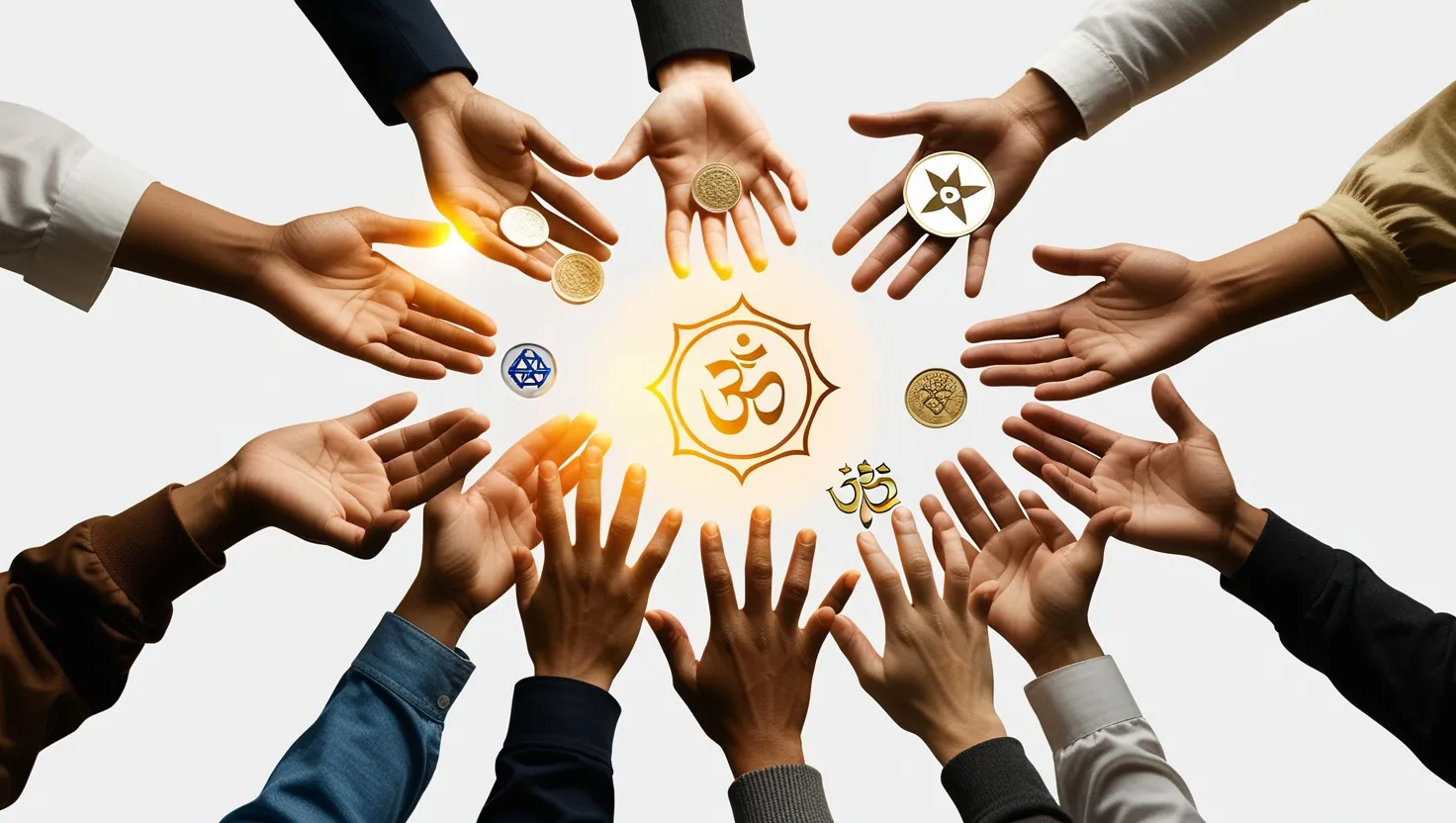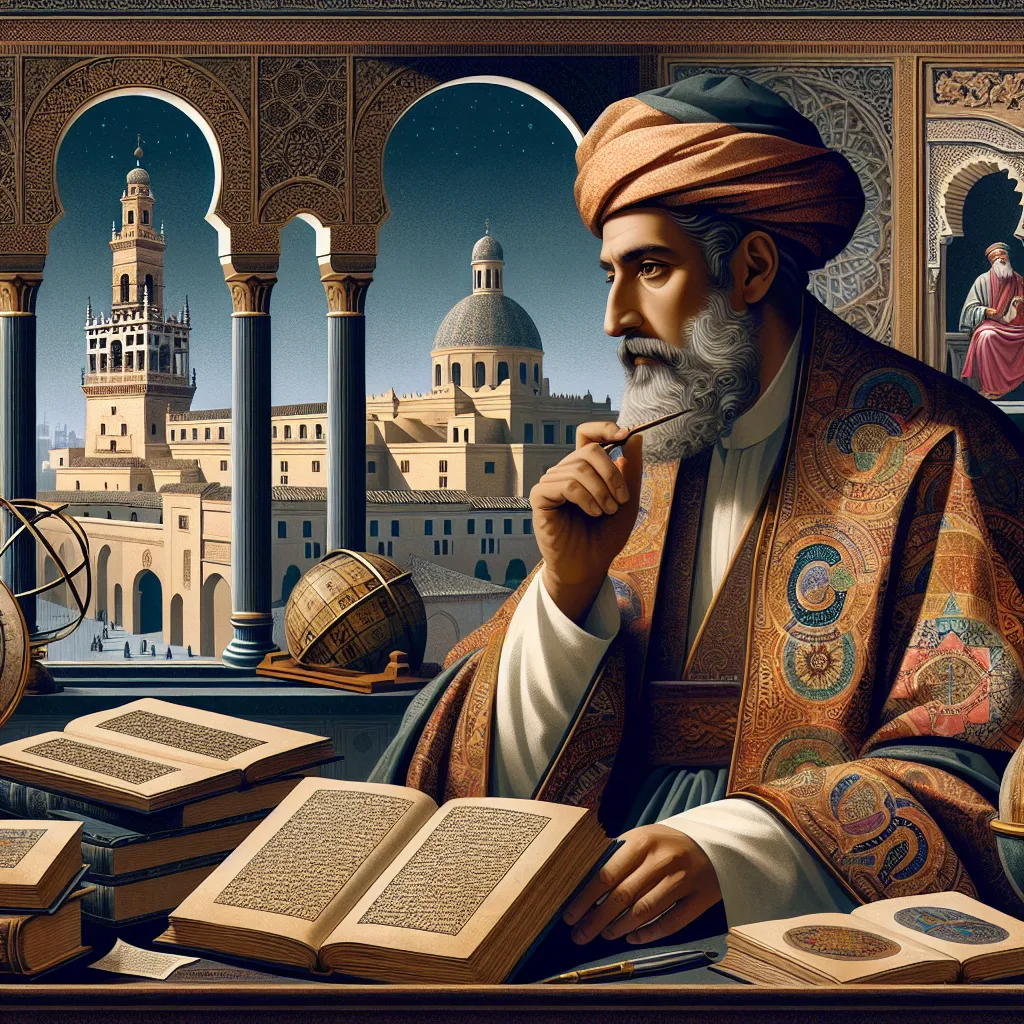If you asked me what sets religious education apart from the way most of us learn geometry or grammar, I’d probably start with the simple act of gathering around a fire—or a table—and telling stories. Almost every spiritual tradition I’ve encountered treats education not just as the passing along of facts, but as something lived, breathed, and shared person-to-person. This isn’t just nostalgia for simpler times. It’s a living reminder that the how of learning matters every bit as much as the what.
Let’s imagine for a moment sitting with elders as they recount the world’s beginnings, animals speaking, landscapes shaped by supernatural deeds. Among Indigenous peoples, the story and the storyteller are one. As I listen, I’m participating in a centuries-old line of teachers and learners, where every pause and inflection holds meaning. It’s been said, “When an old person dies, a library burns to the ground.” Have you ever considered that memory itself can be a sacred act?
Take Hinduism, for example, where Vedic chanting preserves not just words, but their exact pitch and tone across thousands of years. The mantra is a living thing. I’m struck by the idea that learning here is not an abstract cognitive task; it’s a crafting of the self. Every sound echoed in these chants is believed to transform those who chant and those who listen.
But oral tradition isn’t the only path. If we shift focus to the power of the written word, some faiths place astonishing reverence on the materiality of their texts. Jewish scribes, known as soferim, developed rigorous, almost ritualistic procedures for copying the Torah. If a dot went astray, the entire scroll could be deemed invalid. Can you imagine copying out hundreds of pages by hand, knowing a single slip could negate years of work? It’s more than devotion to accuracy; it’s a philosophy of care, a discipline of humility and patience, a fidelity to the past that demands one’s whole being.
Islamic scholarship gives us another angle—an audacious system for verifying the truth of spoken traditions (hadith) by tracing every single link in their chain of transmission. How do you know if a story about Muhammad is reliable? You investigate every person who ever passed it on, sometimes for centuries. It’s like a scientific method for memory, centuries before the Enlightenment theorists codified research.
Does this make you wonder how education looks when you have to live it, not just memorize it?
The Buddhist and Sufi models explode the default Western notion of learning as something done in the mind alone. In Buddhist monasteries, texts are chanted and meditated upon. But true understanding isn’t achieved until knowledge seeps into bones and breath, until the learner becomes what is learned. Sufism insists on apprenticeship—the sheikh or master guides you into states of being, not just bookish knowing. What if a test wasn’t just about what you could write, but what sort of person you had become?
Let’s pause on a paradox: some of the world’s greatest teachers operate almost more like life coaches than lecturers. Confucius, for example, bound ethics and knowledge so tightly that you couldn’t develop one without the other. His schools trained in rituals as much as in reading, so one’s character grew alongside one’s intellect. Early Quaker schools, with their practice of silent reflection, actively engineered space for personal conscience—trusting that true wisdom grows in quiet soil as much as in debate.
What happens when education is about forming a whole person, rather than a producer of test scores or a regurgitator of information? Is it possible that we’ve lost the thread on what learning is for?
I keep coming back to a simple observation: all these religious education models are fiercely communal. Even their innovation is rooted in tradition. Christian missionaries, for instance, set up schools as beacons of literacy for all, not only church insiders. Islamic madrasas, long before “universal education” was a phrase, offered free teaching to anyone committed enough to study. Their doors opened wide—often in eras when schooling was a privilege carved out for the few.
“The mind is not a vessel to be filled, but a fire to be kindled,” wrote Plutarch. Has our understanding of education become too much about the vessel, not enough about the fire? I can’t help but notice how faith-based approaches have always keenly recognized the dangers of knowledge without ethics, or wisdom without humility.
Interestingly, even debate and dialogue are considered acts of devotion in certain settings. Tibetan Buddhist monks might spend hours in animated argument—not to win, but to refine understanding and shatter egotism. The Jewish chevruta model pairs students to challenge each other’s readings. Sometimes the arguments get so spirited, they look like fights. Yet the goal isn’t victory, but a deeper grasp of subtlety, contradiction, and personal limitation.
So, what can these religious legacies teach us about learning in a pluralistic, high-speed age? Are we missing something by separating information from formation, by reducing learning to things measured in grades and rankings?
I wonder often about resilience. Religious education, at its best, nurtures remarkable capacities for focus and memory, but also for empathy, curiosity, and adaptability. Why has rote memorization become unfashionable, even though it trains attention and perseverance—qualities no less important now than centuries ago?
Rereading the life stories of faith-based educators, I’m repeatedly struck by their adaptability. Catholic orders reinvented their methods as new countries and languages demanded it. Buddhist monasteries developed both rigid rituals for grounding young novices, and innovative methods for adapting to different cultures and student temperaments. Despite their attachment to fixed truths, these communities have constantly revised “how” to teach, anticipating student needs before pedagogical science gave us frameworks.
Even now, faith-based schools around the world wrestle with keeping heritage alive in the digital era. They don’t always get it right. But their experiments—whether combining digital platforms with memorized prayer, or weaving contemporary social issues into ancient ethical debates—are worth tracking. Is learning more powerful when it springs from a community passionately dedicated to passing on not just skills but purpose?
“If you think education is expensive, try ignorance,” observed Derek Bok. In every generation, the guardians of religious wisdom have put this into practice, sometimes at great personal cost.
So, if you were building a new school from scratch, what might you borrow from these six religious approaches? Would you make story-telling core to science class? Would you use ethical reflection as the basis of mathematics instruction? Would debates be as central to learning as homework? The point, I think, is not to return to a lost golden age, but to see in the richness and diversity of religious education ideas still surprising, disruptive, and vital.
Ask yourself: What knowledge do you want to last beyond your own lifetime? And what is the best way to make sure it does?
“All that we are is the result of what we have thought,” wrote the Buddha. If so, then to teach is to shape not only the intellect, but the very direction of a person’s life. This, perhaps, is why the world’s faiths have invested so much in expert transmission—not merely so their ideas endure, but so the human journey toward meaning continues, teacher to student, body to body, voice to ear, heart to heart.






